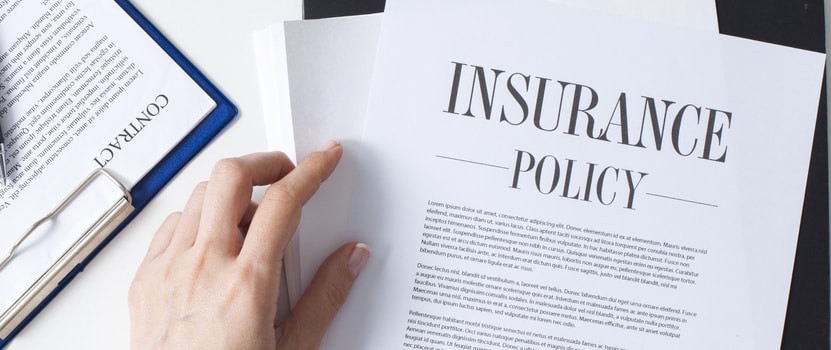When it comes to car insurance — or any type of insurance — policies tend to be long, tedious, and confusing. Some individuals don’t mind the verbose language and take the time to study it closely. For others, it’s easier to just pick the most cost-effective option. And, while having required minimum coverage is better than not having any insurance at all, there are several benefits to purchasing optional add ons. But, what do they mean? How can you benefit from them? And, how can you ensure that you and your loved ones are protected?
What’s the minimum mandatory car insurance coverage in Florida?
The State of Florida requires two types of car insurance from everyone driving on state roadways. In fact, prior to registering any motor vehicle, you are required to show proof of property damage liability (PDL) and personal injury protection (PIP). Failing to have both exposes you to having your driver’s license and license plates suspended for up to three years.
Property Damage Liability
Florida Statutes section 324.021 requires every motorist to have car insurance. The minimum required coverage is $10,000 for bodily injury of one person, $20,000 to cover injuries to two or more people, and $10,000 to cover property damage. In addition, every car insurance policy in the state is required to include personal injury protection. You are required to carry this minimum even if your car is not being driven for an extended period of time, or even if it’s inoperable. If you know for a fact that you won’t be driving a car again, you should surrender the license plates to the Florida Department of Motor Vehicles (DMV) prior to canceling an existing policy.
Personal Injury Protection
Florida Statutes Section 627.736 establishes the benefits required by personal injury protection insurance coverage. Specifically, it covers up to 80% of medical bills and up to 60% of lost wages to the following individual:
- The named insured
- Relatives who reside with the named insured
- Anyone operating the insured motor vehicle
- Passengers in the insured motor vehicle
- Any person struck by the insured motor vehicle
PIP will pay these benefits up to a maximum of $10,000, regardless of who was at fault for the accident. However, it does not apply if the crash occurred while the driver was trying to harm themselves intentionally or if the driver was committing a felony at the time of the accident.
What are the most important optional car insurance add-ons in Florida?
While personal injury protection covers some coverage, it can still leave a person with substantial out of pocket expenses. However, while PIP is mandatory, coverage that can help you cover those gaps are optional. These include:
Medical Payment
Medical payment coverage (MedPay) is a good solution for people whose damages are less than $10,000 and who want coverage for the gaps left uncovered by personal injury protection — e.g. 20% of medical bills. MedPay will ensure that all of your medical bills are covered, up to the amount you selected when purchasing such coverage. Keep in mind that this type of coverage does not cover the lost wages gap left uncovered by PIP. If you’ve had to take time off work while you recover from your injuries and you don’t have paid time off, you’d have to file a lawsuit against the other driver to recover that money.
Uninsured/Underinsured Motorist
Florida law requires every motorist on the state’s roadways to carry car insurance. However, more than a quarter of drivers who get behind the wheel in the Sunshine State do so without having any coverage. If you get into an accident with one of them, they will face civil penalties and likely have their driver’s license and registration suspended. But, that doesn’t take care of the damages caused to your car and any injuries sustained by you and/or a loved one. You can sue the driver to hold them accountable, but even if you got a judgment in your favor, it could still be an uphill battle to collect if they don’t have insurance or assets.
Comprehensive Insurance
Every time you purchase or renew a car insurance policy, you are given the option of buying collision insurance solely, or to add comprehensive coverage. The first type protects you and the other driver in case of an accident. This is the portion that’s covered by property damage liability. However, there are other ways your car could be damaged — including vandalism, theft, or hitting a deer on the road. These types of scenarios are common and can cost you several thousands of dollars. Adding comprehensive insurance can lessen the blow.
If you got into a car accident and were not at fault, let us help you.
Every car accident is different. There are many factors that determine the drivers’ level of liability. Let’s discuss your case, we’ll look for ways to have all of your expenses covered — for present and future treatment — as long as they relate to the accident.
At Carey Leisure Carney, we have more than three decades of combined experience successfully representing clients involved in car accidents. All of our attorneys are accessible and Board Certified in civil trial law. Contact us online or call us at (727) 799-3900 to schedule a free consultation.
Disclaimer: This blog is for informational purposes only and does not create an attorney/client relationship.
